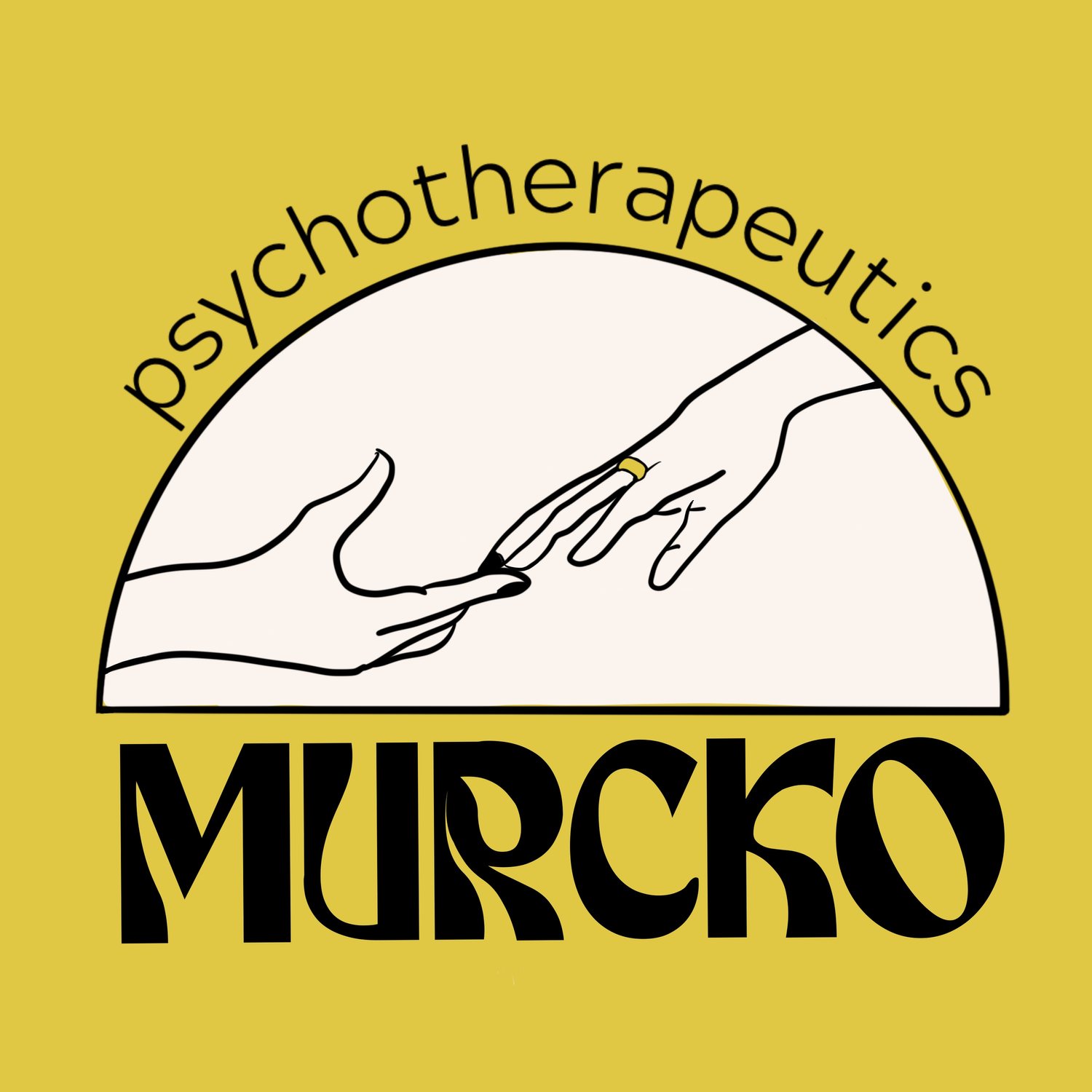The Rogerian approach.
Developed in the 1940s through the 1980s by Dr. Carl Rogers, the Rogerian approach is based on three main principles: empathy, congruence, and unconditional positive regard.
Also known as the person-centered approach, this humanistic method offers the client a sense of autonomy and self-direction in sessions. Based on the belief that humans have a tendency toward self-actualization, Rogerian therapy seeks to facilitate that natural process.
Empathy: The therapist seeks to form a connection based on understanding and appreciation of the perspective of the client, as well as the client’s means of communicating their needs.
Congruence: The therapist is willing to transparently relate to clients without hiding behind a professional or personal façade.
Unconditional positive regard: The therapist accepts the client fully and without judgment using active listening skills.

